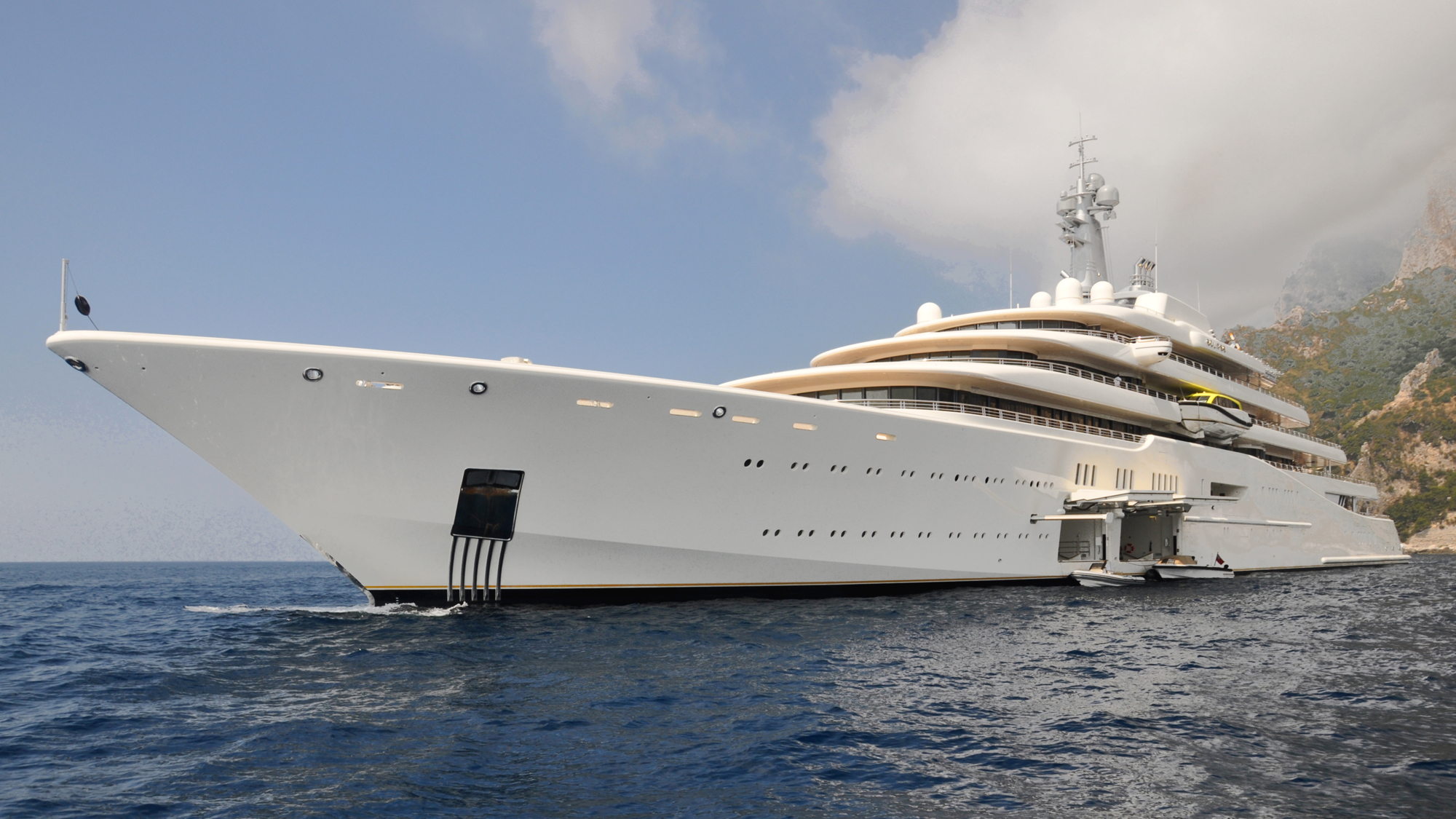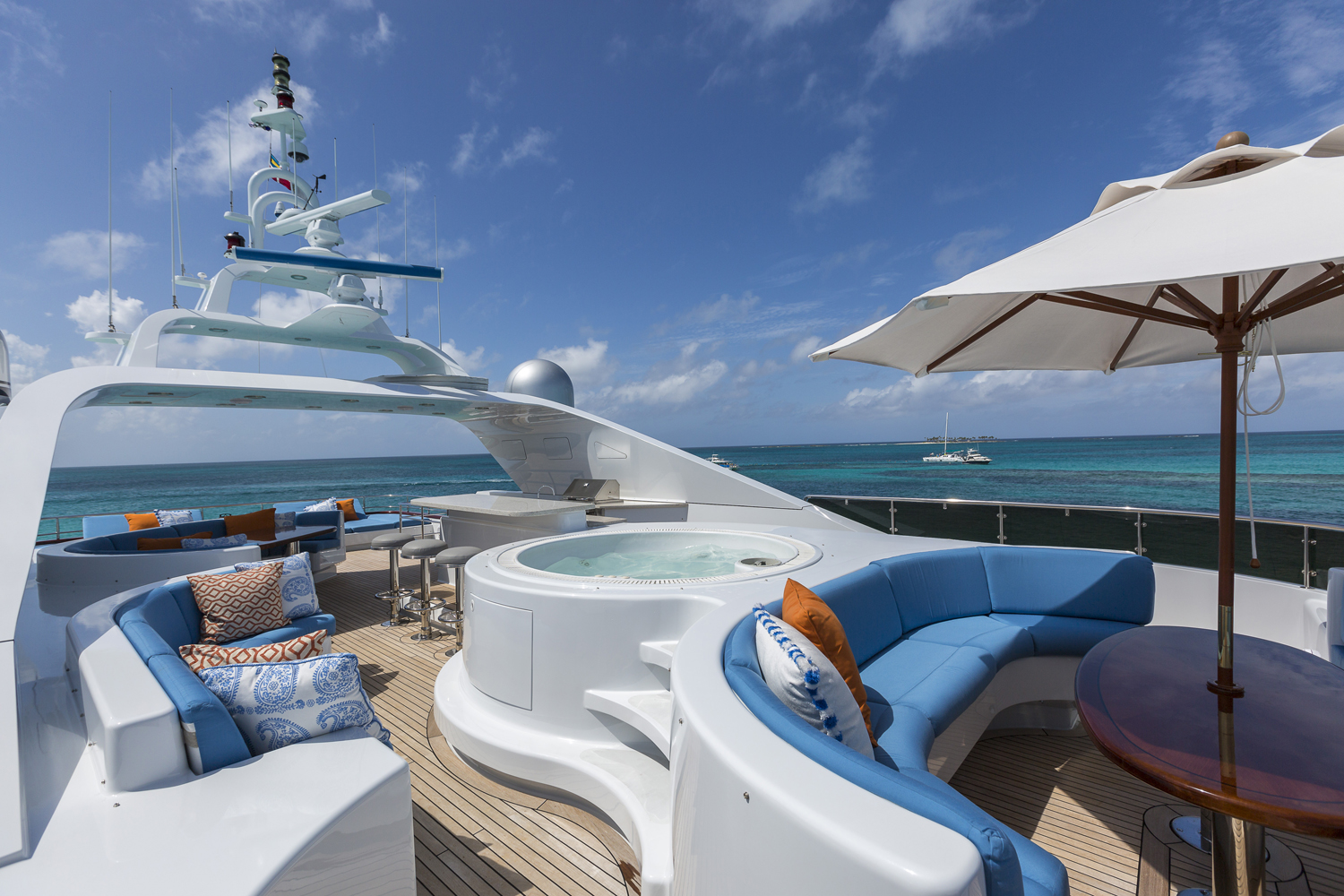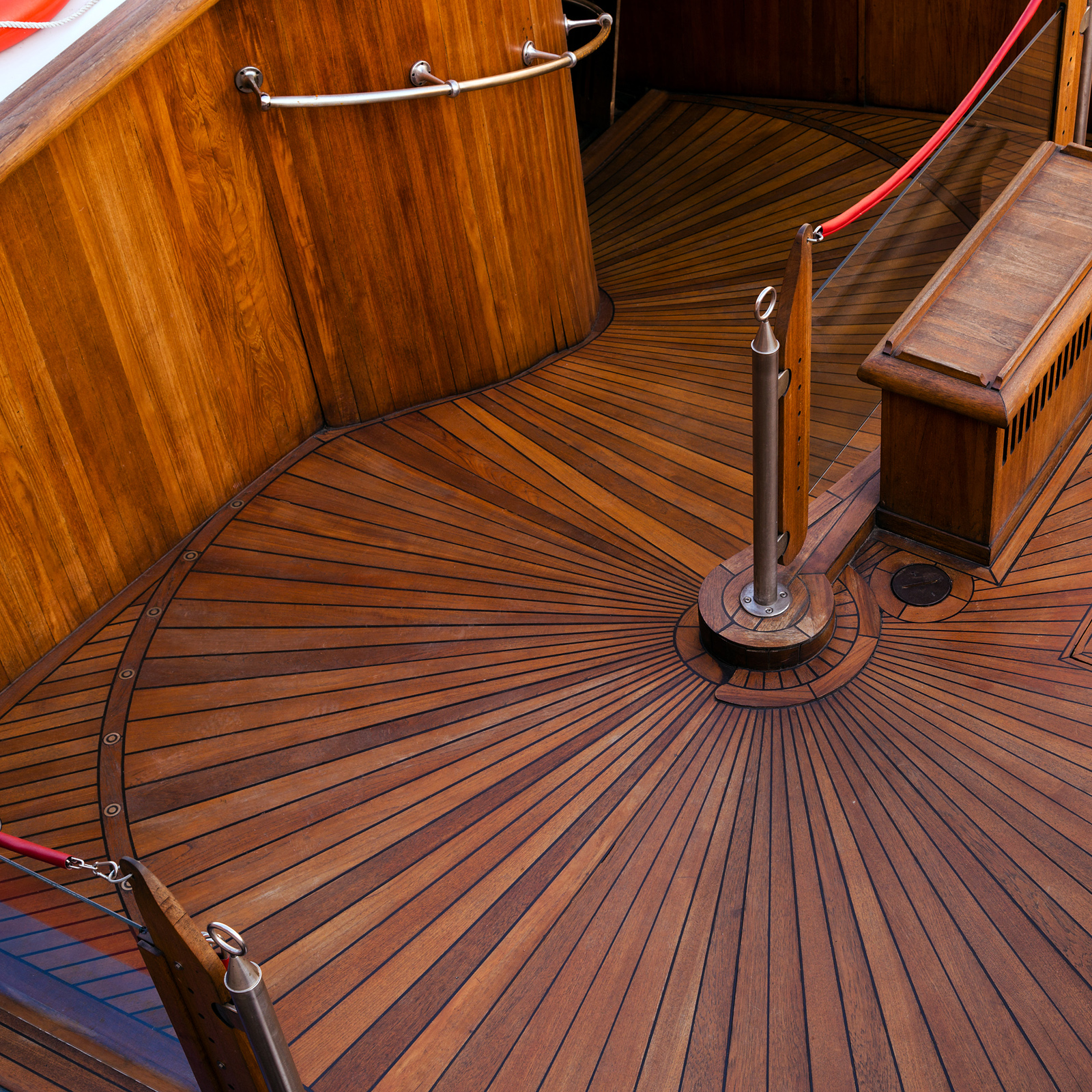Luxury Yachts’ Tainted Timber
No Safe Harbour for Myanmar’s Forests

Image Pressfoto
Lynn Johnson
12 November, 2020
To escape the pandemic, the world’s rich have headed out of the cities to their boltholes and for many this means that a luxury yacht is de rigueur. This hit the news early in the COVID-19 crisis when billionaire David Geffen was criticised for his social media post from his US$590 Million yacht Rising Sun. His ‘tone deaf’ tweet left some social commentators voicing new, ‘complicated feelings’ about the super-rich and how they have fled to their yachts to ‘avoid the virus’.
But it appears that this trend is only set to grow, with COVID-19 triggering an immediate rise in yacht purchases and orders. One company confirmed that “Those who have been dithering over whether to buy a yacht over the last few years are now deciding to take action and go for it.” Even before the pandemic the yacht industry was booming, with the value of the global industry, estimated to be currently worth US$64.1 Billion annually, projected to reach US$84.7 Billion by 2027.
Since these yachts are not just boltholes, but also status symbols, their manufacture typically involves rare and endangered species of timber. Look at any tweet showing a billionaire’s yacht and you will see an expansive teak deck. Yet the trade in teak is deeply problematic due to extensive illegal logging and compromised supply chains. Recent reports have confirmed that European timber traders are evading EU laws when importing teak used for decking on luxury yachts. Much of this teak comes from Myanmar, whose forests are being illegally logged in the process. This so-called tainted timber is smuggled to Europe’s luxury yacht builders through Croatia and the Czech Republic.

Image Thierrydehove
At this point it would be good to remind ourselves that COVID-19 is a zoonotic disease, and that deforestation is the major driver of zoonotic diseases making the jump to humans. So, if it wasn’t so tragic it would be ironic that to escape a zoonotic pandemic the rich are driving up the demand for luxury timber, which results in even more deforestation. It looks like we may not have to wait for too long for the next pandemic to come along!
This is just one more example of a luxury business making massive profits while governments allow them to have frankly ‘gobsmackingly crap’ supply chain transparency (I couldn’t think of another way to express it which didn’t use foul language). Smuggling timber is an industrial scale operation, which involves massive financial flows, it shouldn’t be too hard to follow the money. As a result, it should be easy to monitor and control, especially since source, transit and destination countries and businesses are known.
Back to the social commentators mentioned at the beginning of the article, with one reflecting that the inequality seen as a result of the pandemic “represent evidence of policy failure”. HowToSpendItEthically.Org would say most certainly, particularly given the growing evidence of green crime in company supply chains.
Refinitiv, a global provider of financial market data and infrastructure with more than 40,000 client companies in 190 countries recently reported on the risk exposure to green crime. In a global survey they conducted, a substantial 65% of respondents said they know or suspect that third parties they conduct business with may have been involved in a range of illegal, environmentally damaging activities. Worryingly only 53% of respondents say that they would report a third-party breach internally and only 16% would report it externally. So yes, there is evidence of major policy failure.
What makes this worse is that everyone knows – the businesses know, the governments know and anyone looking into timber crime will readily find detailed information on how the trafficking works and where the timber ends up. Yacht building companies have been ‘warned’ by regulators in Europe, but we all know that they couldn’t care less about ‘warnings’ or even fines.

Image Vladyslav Danilin
The profits to be made are just too tempting and until new regulations and better enforcement result in jail terms for business owners, little is going to change.

Image MartinM303

Subscribe To
[mc4wp_form id=”29″]




